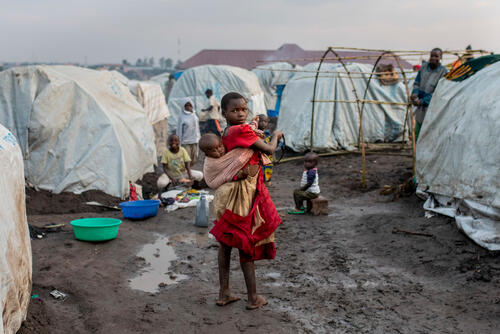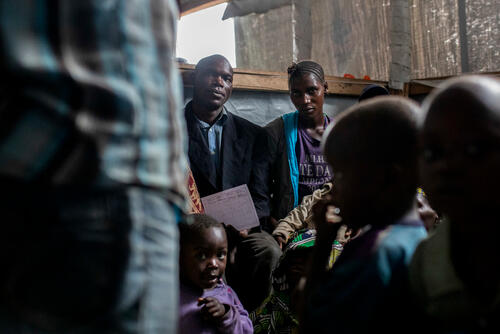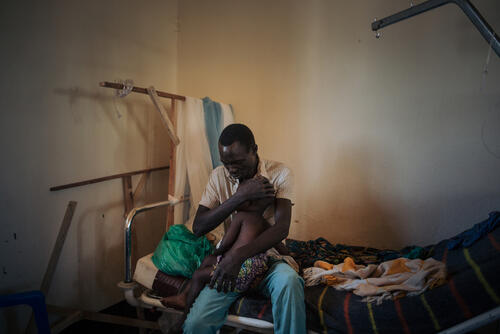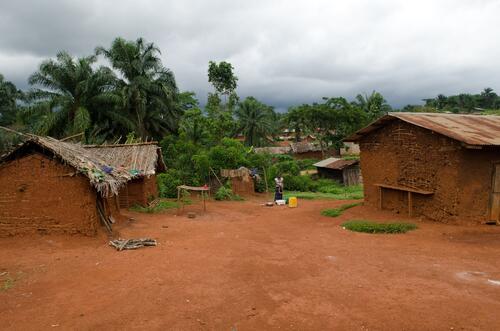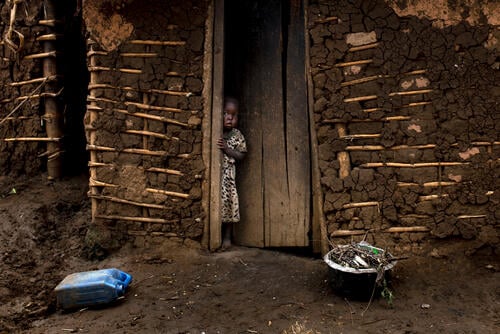- People in the northeastern DRC province of Ituri are currently facing an unprecedented four concurrent crises.
- The needs among people are great, with high levels of disease, yet MSF’s previous calls for help have gone unheeded.
- MSF calls for other humanitarian organisations to urgently commit to the long-term scale up of assistance to people in Ituri.
Kisangani/Geneva – Multiple humanitarian crises are unfolding in Ituri province, northeastern Democratic Republic of Congo, and hundreds of thousands of people are in urgent need of humanitarian assistance, according to Médecins Sans Frontières (MSF).
The recent upsurge in violence across the regions of Djugu, Mahagi and Irumu have forced thousands to flee their homes. Despite MSF’s repeated calls on international aid organisations to scale up humanitarian aid, the majority of the displaced still haven’t received even the most basic assistance.
“Unfortunately, this is not the first time there are important humanitarian needs in the country,” explains Dr Moussa Ousman, MSF Head of Mission in the Democratic Republic of Congo. “This time we are seeing not only mass displacement due to violence but also a rapidly spreading measles outbreak and an Ebola epidemic that shows no signs of slowing down, all at the same time. This is unprecedented.”
Intercommunal violence has been increasing in Ituri since December 2017, and the large majority of people displaced as a result have been in urgent need of humanitarian assistance, some for more than a year. Since October 2018, MSF has conducted three mortality surveys in the locations of Drodro, Nizi and Angumu. All showed that the mortality rates in these communities were far above emergency levels.
“Our surveys show that people are mainly dying from preventable diseases such as malaria, measles and diarrhoea,” says Dr Ousman. “That is very worrying. Especially as it has not yet been possible to vaccinate against measles because of the ongoing Ebola outbreak, and the fear of Ebola further spreading. Together with the ministry of health, we are looking at what innovative strategies we can implement given the circumstances, but more help is urgently needed here to prevent more deaths.”
MSF is supporting the local ministry of health to provide medical care and respond to the most acute needs of the displaced in Drodro, Nizi and Bunia. Our teams are also providing clean water, distributing relief items and constructing showers and latrines. Nevertheless, the most urgent needs of thousands of families remain unmet.
MSF urges for an immediate scale up of long-term humanitarian assistance, to prevent the loss of more lives and to ensure decent living conditions for all those who have been forced to flee.



